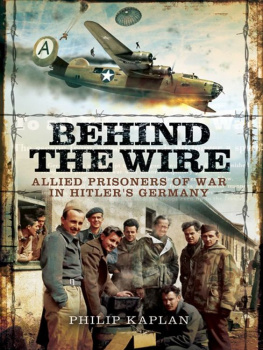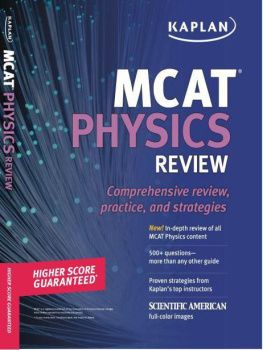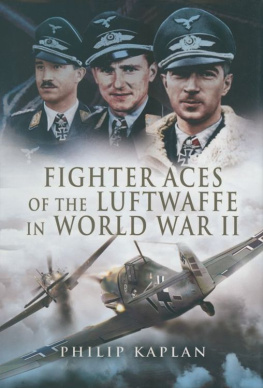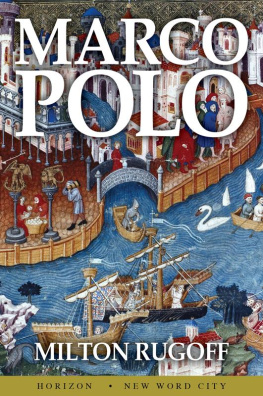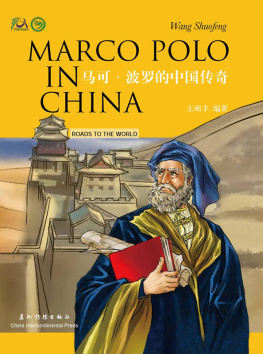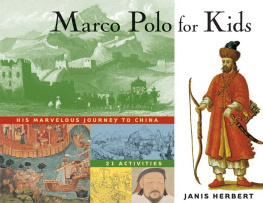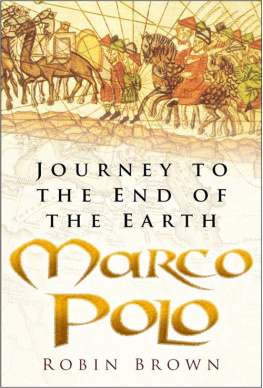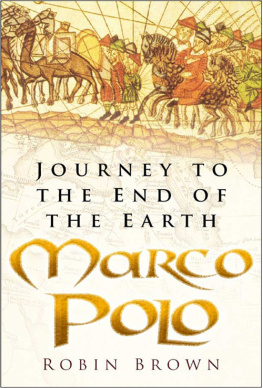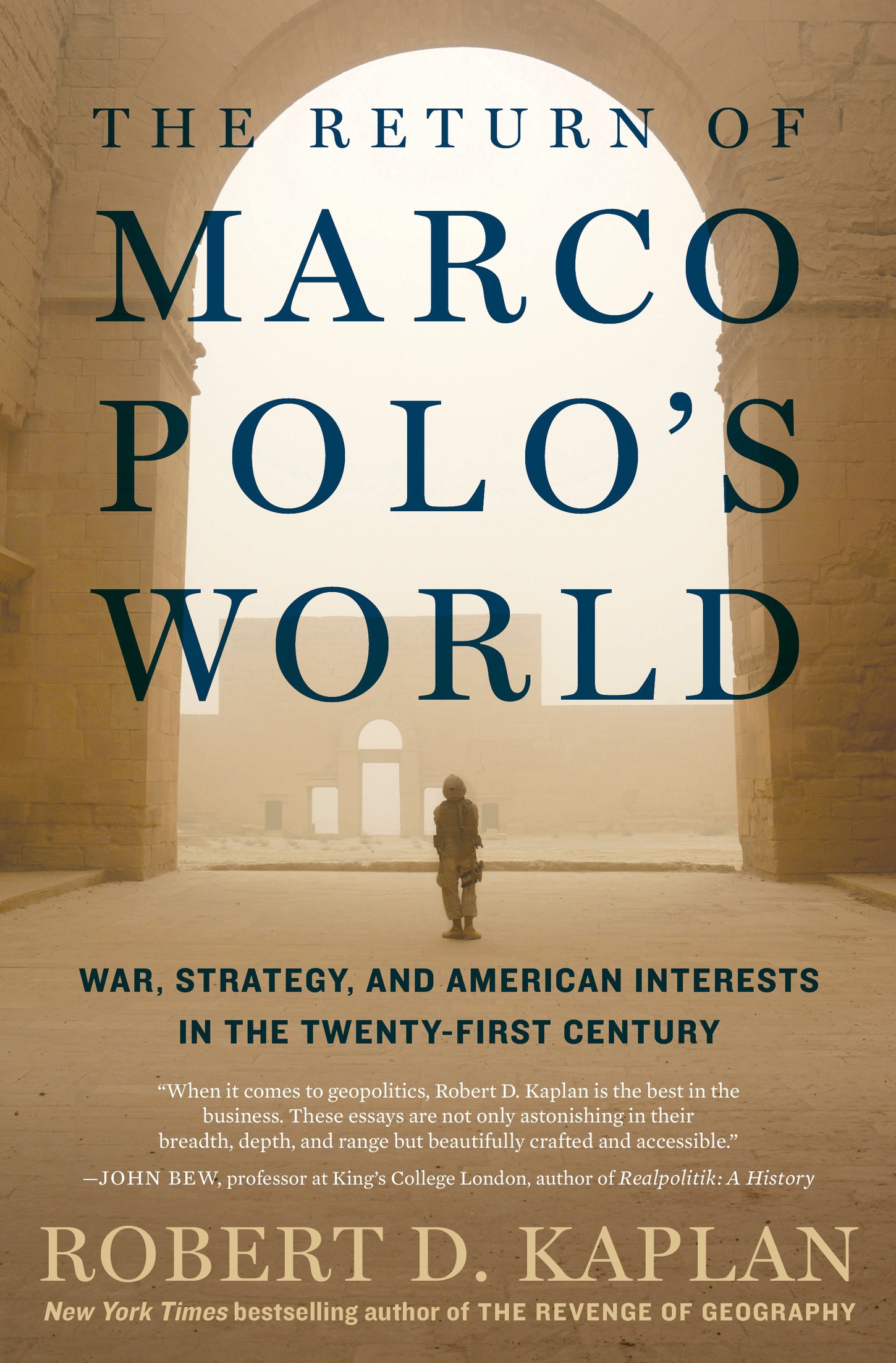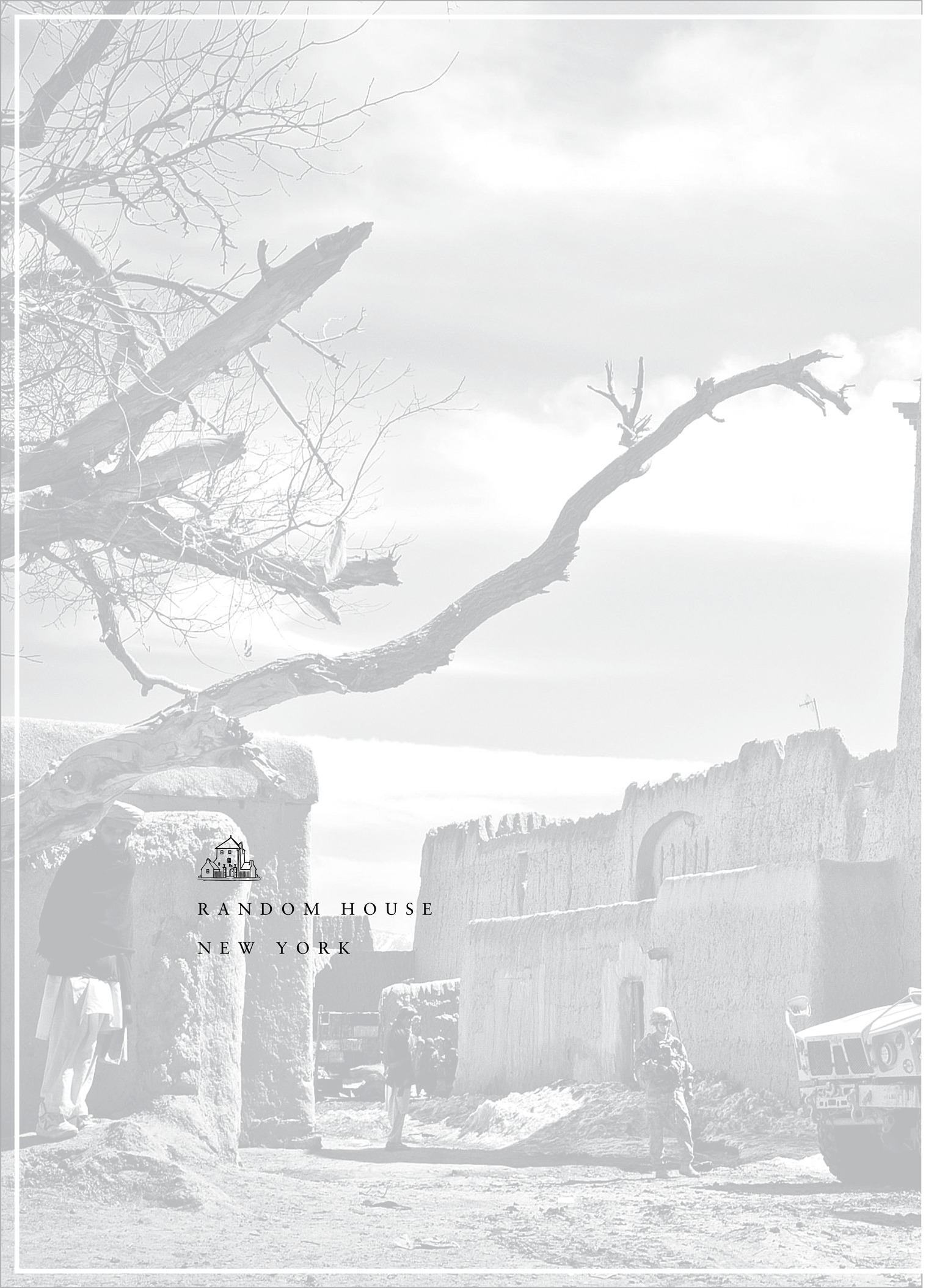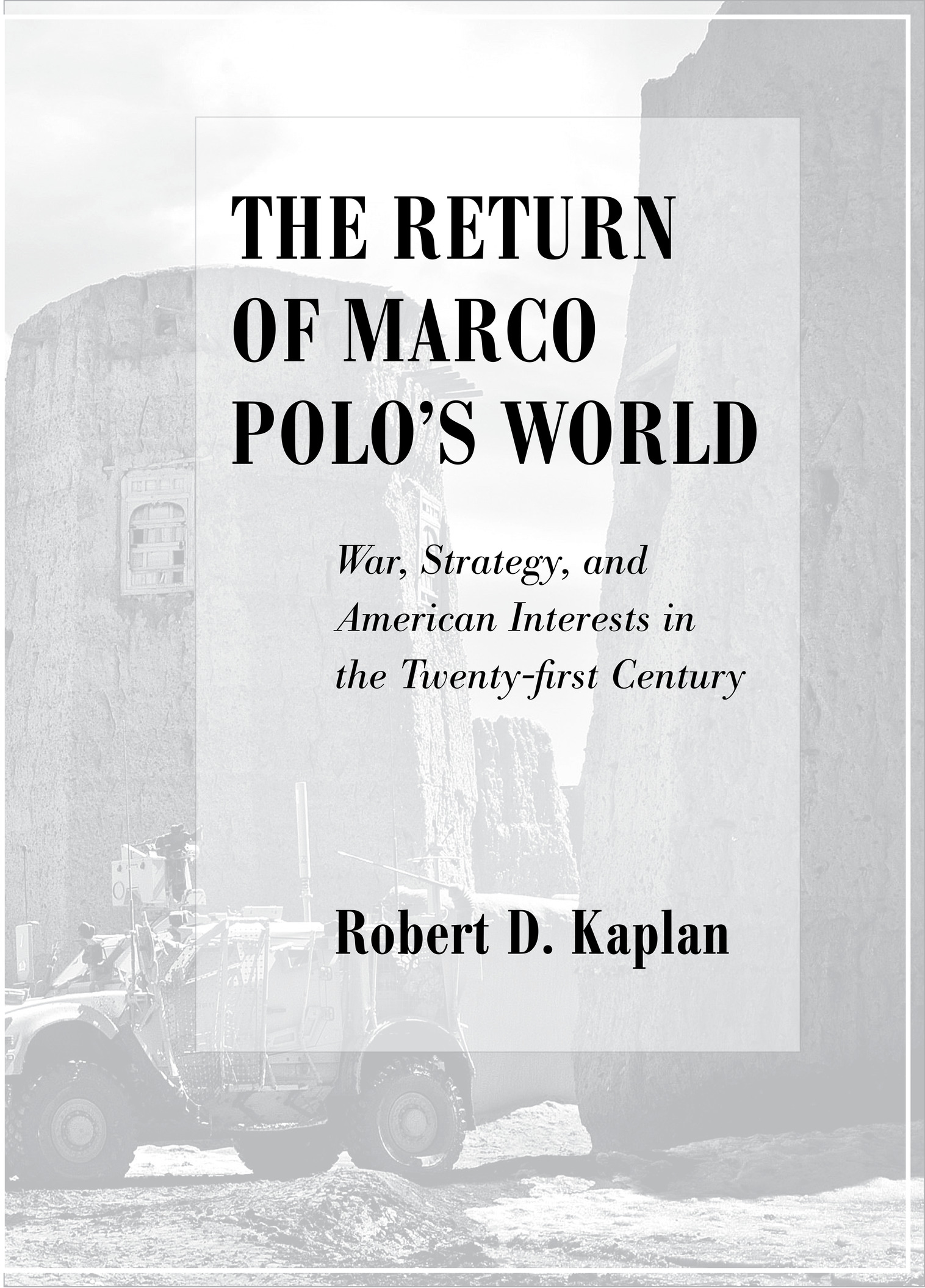Copyright 2018 by Robert D. Kaplan
All rights reserved.
Published in the United States by Random House, an imprint and division of Penguin Random House LLC, New York.
R ANDOM H OUSE and the H OUSE colophon are registered trademarks of Penguin Random House LLC.
Essays in this work were originally published in the following publications: The American Interest: The Wounded Home Front and The Great Danger of a New Utopianism; The Atlantic: The Art of Avoiding War, Elegant Decline: The Navys Rising Importance, When North Korea Falls, Rereading Vietnam, Iraq: The Counterfactual Game, No Greater Honor, In Defense of Henry Kissinger, Samuel Huntington: Looking the World in the Eye, and Why John Mearsheimer Is Right (About Some Things); The National Interest: The Tragedy of U.S. Foreign Policy, The Post-Imperial Moment, Fated to Lead, and Traveling Chinas New Silk Road; The Washington Post: On Foreign Policy, Donald Trump Is No Realist.
Hardback ISBN9780812996791
Ebook ISBN9780812996807
randomhousebooks.com
Title-page and part-title page images: Courtesy of the U.S. military. Photograph by Sgt. Ken Scar, 7th MPAD
Book design by Victoria Wong, adapted for ebook
Cover design: Anna Bauer Carr
Cover photograph: Department of Defense photograph by Lance Cpl. Albert F. Hunt, U.S. Marine Corps
v5.2
ep
Contents
The origins of hot wars lie in cold wars, and the origins of cold wars are found in the anarchic ordering of the international arena.Theorists explain what historians know: War is normal.
K ENNETH N . W ALTZ , 1988
The lead, anchoring essay in this collection was written for the Pentagons Office of Net Assessment in the late summer of 2016 and was subsequently released for public view. Here and there, very sparingly, I have updated it. The other essays, going back as far as seventeen years, remain exactly as they were upon original publication. Thus, the reader will find occasional repetitions in terms of ideas and of phrases even, as well as assumptions that, from hindsight, I obviously got wrong.
At the Office of Net Assessment, I thank Air Force Colonel (Ret.) James H. Baker and Dr. Andrew D. May for their help and interest. Net Assessment commissioned the essay through the Center for a New American Security (CNAS) in Washington, for which I thank CEO Michele Flournoy, President Richard Fontaine, Director of Studies Shawn Brimley, Creative Director Melody Cook, and other members of the CNAS staff. In particular, I am especially grateful for the guidance of CNASs director of the Defense Strategies and Assessments Program, Navy Captain (Ret.) Jerry Hendrix. Others who provided guidance and insights as I wrote this essay, for which I am grateful, include Dr. Shamila Chaudhary, Senior Advisor to the Dean, Johns Hopkins School of Advanced International Studies; Svante Cornell, Director of the Central AsiaCaucasus Institute at the Johns Hopkins School of Advanced International Studies; Reva Goujon, Vice President of Global Analysis at Stratfor; Army Colonel Valery Keaveny, Jr.; Air Force Lieutenant Colonel Robert Lyons; Marine Lieutenant Colonel Peter McAleer; Army Lieutenant General H. R. McMaster; Marine Lieutenant Colonel David Mueller; Evan Osnos, staff writer for The New Yorker; Karim Sadjadpour, Senior Associate at the Carnegie Endowment for International Peace; Navy Admiral (Ret.) James Stavridis, Dean of the Fletcher School of Law and Diplomacy at Tufts University; and Jim Thomas, Distinguished Senior Fellow at the Center for Strategic and Budgetary Assessments. Any mistake or incorrect analysis herein is entirely my own, however.
Regarding the other essays, I am deeply grateful for the support over the years of all the editors at The Atlantic, The American Interest, The National Interest, and The Washington Post, especially James Bennet, James Gibney, Cullen Murphy, Scott Stossel, Adam Garfinkle, and Jacob Heilbrunn.
Anna Pitoniak at Random House energetically oversaw the production and presentation of this book, with good advice throughout. My literary agents, Gail Hochman, Marianne Merola, and Henry Thayer, provided their usual, exceptional support. The late Carl D. Brandt advised me well in the early phases of this book project, as did Henry Thayer in the latter stages. Elizabeth M. Lockyer, with help from Diane and Marc Rathbun, meticulously organizes my professional life. And my wife, Maria Cabral, remains there with decades worth of love and support.
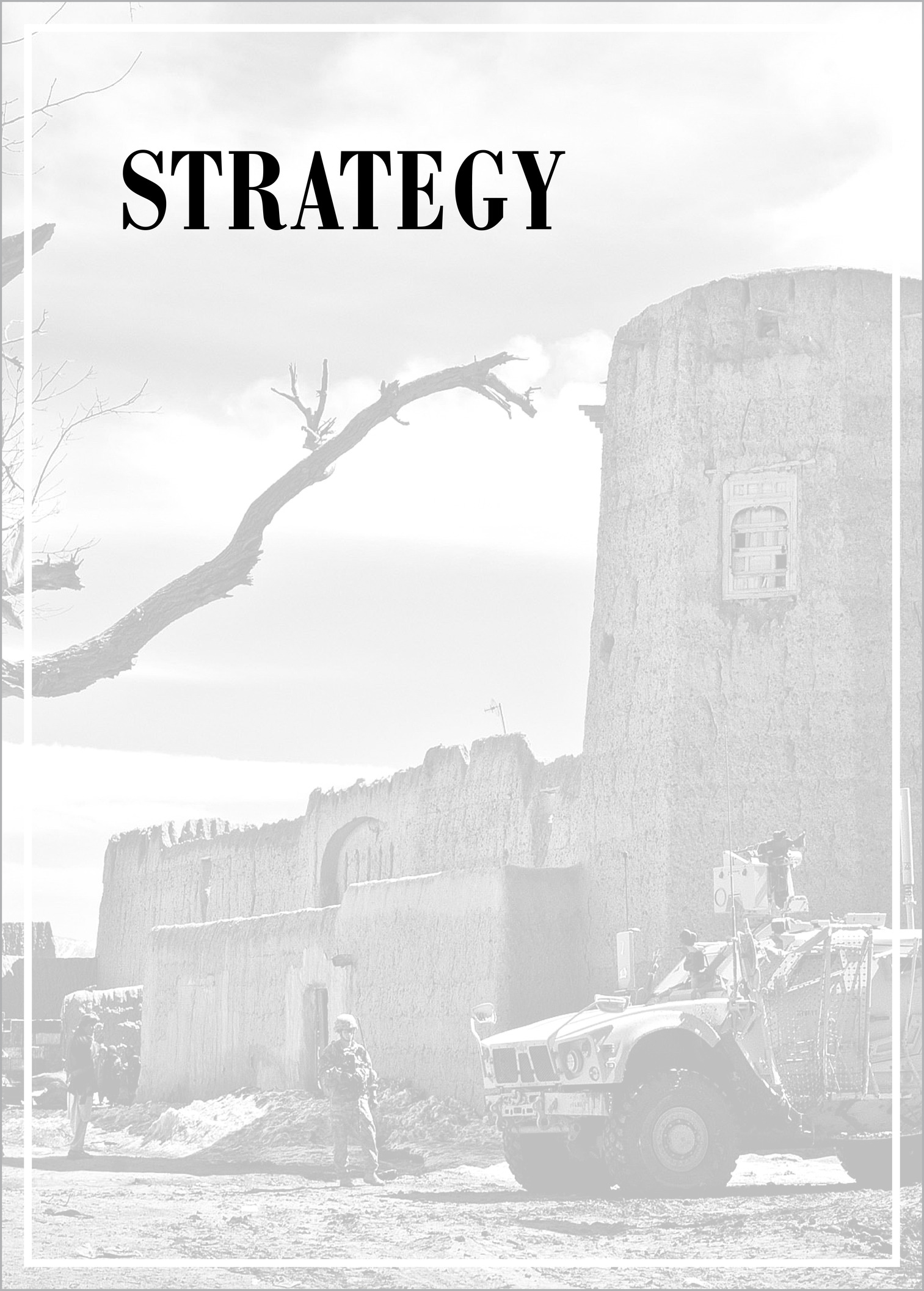
1.
The Return of Marco Polos World and the U.S. Military Response
AS EUROPE DISAPPEARS, EURASIA COHERES.
The supercontinent is becoming one fluid, comprehensible unit of trade and conflict, as the Westphalian system of states weakens and older, imperial legaciesRussian, Chinese, Iranian, Turkishbecome paramount. Every crisis from Central Europe to the ethnic-Han Chinese heartland is now interlinked. There is one singular battle space.
What follows is a historical and geographical guide to it.
The Dispersion of the West
N ever before in history did Western civilization reach such a point of geopolitical concision and raw power as during the Cold War and its immediate aftermath. For well over half a century, the North Atlantic Treaty Organization (NATO) condensed a millennia-long tradition of political and moral valuesthe West, in shorthandinto a robust military alliance. NATO was a cultural phenomenon before it was anything. Its spiritual roots reach back to the philosophical and administrative legacies of Greece and Rome, to the emergence of Christendom in the early Middle Ages, and to the Enlightenment in the seventeenth and eighteenth centuriesfrom which the ideas of the American Revolution emerged. Of course, key nations of the West fought as an alliance in the First and Second World Wars, and those emergency contingencies constituted forerunners to NATOs more secure and elaborate structures. Such structures, in turn, were buttressed by a continent-wide economic system, culminating in the European Union (EU). The EU gave both political support and quotidian substance to the values inherent in NATOthose values being, generally, the rule of law over arbitrary fiat, legal states over ethnic nations, and the protection of the individual no matter his race or religion. Democracy, after all, is less about elections than about impartial institutions. The end of the Long European War, 191489, saw those values reign triumphant, as communism was finally defeated and NATO and the EU extended their systems throughout Central and Eastern Europe, from the Baltic Sea in the north to the Black Sea in the south. And it categorically was a long European war, as wartime deprivations, political and economic, existed in Soviet satellite states until 1989, when the West triumphed over Europes second totalitarian system, just as it did over the first in 1945.



